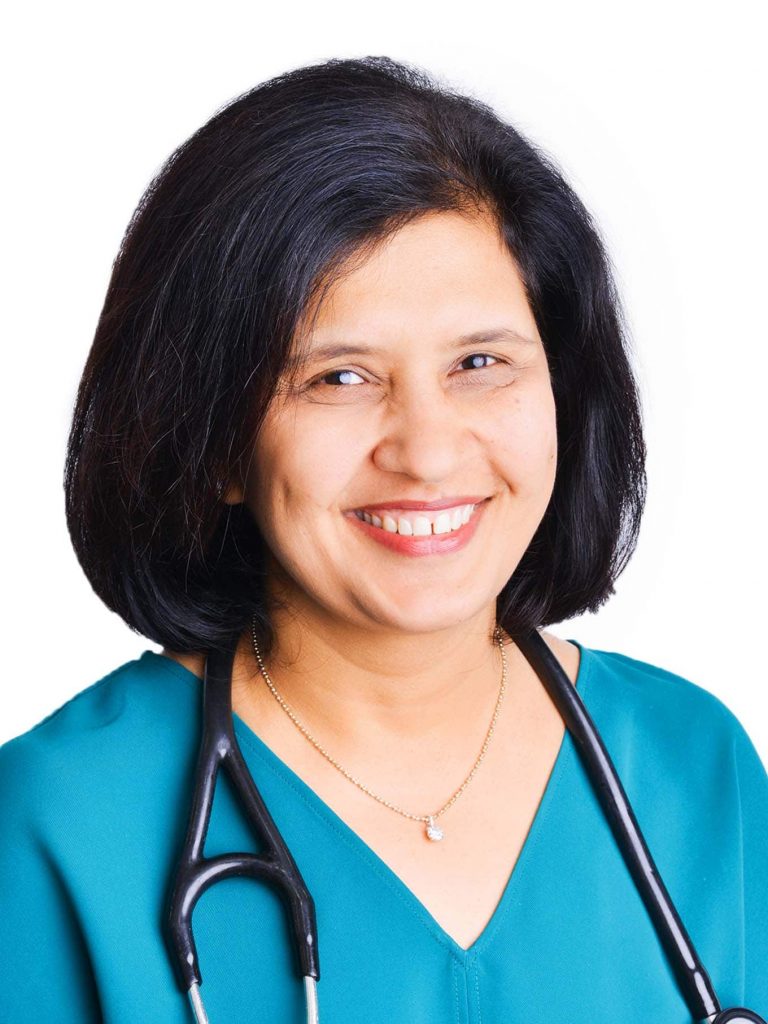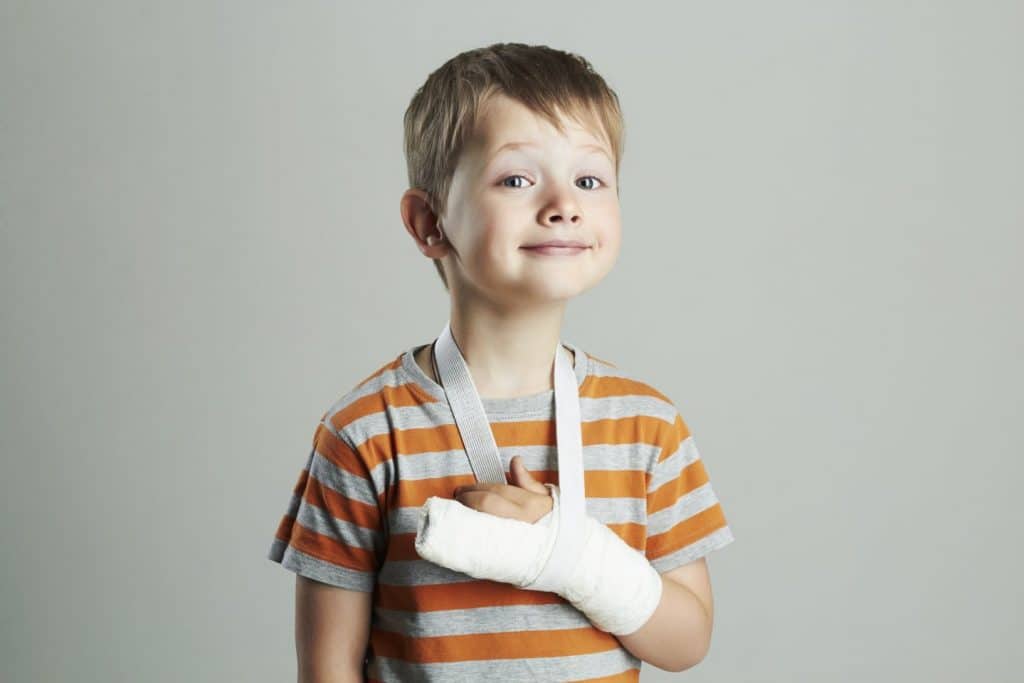Sparing yourself and your child an unnecessary trip to the A&E (Accident & Emergency) is not just a matter of convenience. A visit to the A&E can expose your already sick kid to the ubiquitous hospital germs and other infections carried by fellow visitors. As emergency departments are, by definition, designed to care for the sickest patients first, those with less severe illnesses are bound to have longer wait times. This can be distressing to you and your child.
The A&E departments of public hospitals in Singapore have been seeing a continuous rise in the number of patients for the past five years – going up by approximately 5.4% or an additional 36,000 visits per year.
However, the main cause for this increase isn’t a rise in the number of actual emergency cases in Singapore. On the contrary, based on recent studies conducted at public hospitals including Singapore General Hospital (SGH), more than half of the cases that the A&E sees are for non-emergencies.
Before you rush to the nearest emergency department, best to perform a quick assessment of the situation. Doing this simple initial step can help save lives as it frees up A&E space of non-emergency cases. Plus, if you have a non-emergency condition and visit your child’s physician instead, you’ll probably get treated sooner says Dr Shivani Paliwal, physician at IMC Children’s clinic.
Here are some basic assessment guidelines for common situations so you know when to head straight to A&E and when to visit your physician at IMC Children’s.
Head straight to A&E by calling 995, Emergency Ambulance, if:
- Your child hits his head and appears to pass out or lose consciousness for a few seconds
- Your child has had a seizure and is not acting himself
- Your child has heavy, fast breathing, is gasping for air or manages to utter only two or three words before taking a breath.
- Difficulty waking up, extreme tiredness
- Your child is less than 2 months old and has a temperature 38 degrees Celsius (100.4 degrees Fahrenheit) or higher.
- Your child was in a motor vehicle accident and has multiple broken bones particularly if there are visible bones through cuts.
- Your child has signs of dehydration, absence of urination for more than 12 hours, lethargy and confusion
- Accidental ingestion of unknown substances
At IMC we can offer specified emergency care (which may mean you can avoid A&E). See below the list of treatments we can offer.
- Simple lacerations – stitches, closure of cuts, wounds and lacerations by stitches, glue or steri-strips
- Removal of stitches
- Dressing and after care of wounds
- Burns management
- Incision and drainage of abscess
- Cryotherapy – treatment of warts, calluses, molluscum including aftercare
- Diagnosis, in-building x-ray and primary management of fractures including splinting
- In clinic ECG – for heart screening
- Lung function tests for asthma and other respiratory conditions
- Ear syringing
- Foreign body removal from nose or ear
- Diagnosis and management of corneal (eye) abrasions
- Management of dehydration – oral and intravenous
- Intravenous and intramuscular antibiotic administration – for ongoing post hospital care
Useful emergency information
- Ambulance – 995
- Ambulance (non-emergency) – 1777
- Civil Ambulance – 6333 3000
- Drugs & Poisons (non-emergency) – 6423 9119
- Fire – 995
- Police Emergency – 999
- SCDF – 1800 286 5555
If you are not sure please call us for an assessment with our trained nurses. IMC Children’s – T: 6887 4440 or send us any photos [email protected].
 Dr Shivani Paliwal is a US trained paediatric doctor based at IMC Children’s. She is also a mother of 2. For appointments please call 6887 4440.
Dr Shivani Paliwal is a US trained paediatric doctor based at IMC Children’s. She is also a mother of 2. For appointments please call 6887 4440.


































